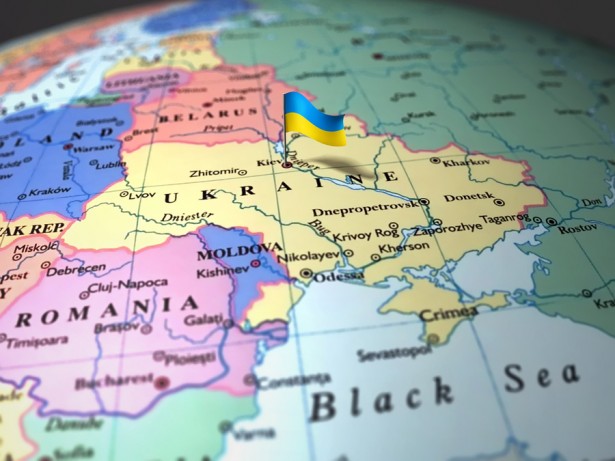One year after suffering a full-blown economic collapse because of the intense conflict with the Russian Federation, the Ukraine government and central bank are attempting to find out ways to revamp the overall economy and financial markets as the hryvnia has lost most of its value.
The Ukrainian central bank announced Tuesday that it will lift its benchmark refinancing rate to 30 percent, up from 19.5 percent, in an attempt to curb soaring inflation and significant currency devaluation – so far this year the hryvnia has halved in value.
According to the head of the central bank, Valeriia Gontareva, the new interest rate will initiate Wednesday and is the highest in 15 years. Whether or not this will prevent the former Soviet republic from claiming bankruptcy remains to be seen.
Inflation skyrocketed to 28.5 percent in January. In addition to the vast debasement of the hryvnia, the central bank tightened capital controls as reserves declined. Since then, the currency has slightly improved as it rose to 24 against the United States dollar.

As part of its announcement, the central bank confirmed that it will extend a rule requiring companies to sell 75 percent of their foreign currency earnings in order to help stabilize the hryvnia. Gontareva believes this would aid the hryvnia to return to a 20-22 level to the dollar soon.
Although the central bank chief is optimistic about her move, one trader told Reuters that the market will take a wait-and-see approach. His comments come as Gontareva sent a message to traders: be prepared for volatility.
“Everyone is waiting for the central bank to come onto the market. The rate it buys at will be the rate. It’s not a real market when there are sellers, but the buyers are restricted by a pile of paperwork,” the trader said in an interview with the newswire.
Meanwhile, Ukrainian Members of Parliament are preparing to vote on a series of reforms this week ordered by the International Monetary Fund (IMF) to secure a multi-billion-dollar loan. In recent months, Ukraine has changed its tax and energy laws while also making significant cuts to its budget and social spending. This has been demanded by the IMF before it provides a $17.5 billion in assistance.
Experts expect the parliament to vote overwhelmingly on the austerity package, despite the cuts being very unpopular across Kiev. But without any aid from the IMF the Ukrainian economy could be on the cusp of insolvency, and the general population wouldn’t have anything anyway.
“I expect that during the discussions in the parliament we’ll see quite a bit of populism,” said Thomas Fiala, chief executive of the Ukrainian investment bank Dragon Capital, in an interview with BBC News. “But there are enough votes to see this legislation passed, and the politicians are now with their backs to the wall. The alternative to approving this program and receiving the support of the IMF would be devastating.”
Ukraine Prime Minister Arseniy Yatsenyk said the IMF offer could generate another $40 billion in assistance from other lenders. The IMF will convene a meeting Mar. 11 and if the board agrees then it could allocate $5 billion within days.



